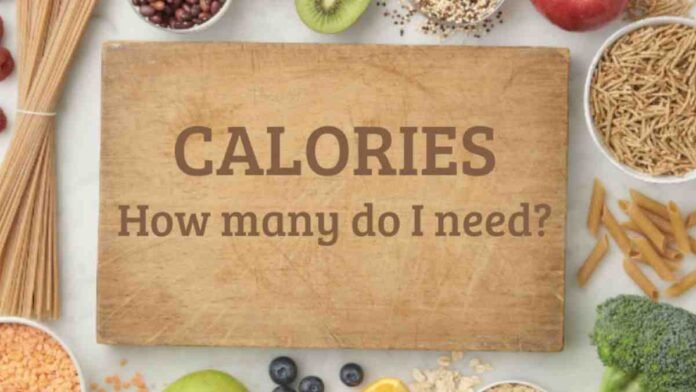Calorie counting is a popular weight loss approach in which people check their daily calorie intake to stay in a calorie deficit. The idea is to consume fewer calories than your body burns, resulting in weight loss. This article will examine whether calorie counting is a successful long-term weight management strategy, taking into account both its advantages and disadvantages.
What Is Calorie Counting?
Calorie counting is the technique of tracking the calories ingested daily. The fundamental goal is establishing a calorie deficit by eating fewer calories than the body burns, resulting in weight loss. Food journals and applications like MyFitnessPal, which allow you to log and monitor your food intake, are popular calorie-counting tools.
The Pros of Calorie Counting for Weight Loss
Promotes Awareness: It encourages people to be mindful of their eating habits and portion amounts. By measuring calories, people become more aware of how much they’re eating, which helps them avoid overeating.
Explicit Structure Calorie counting is a structured strategy that provides a clear and quantitative way to manage intake. This structure helps people stay on track with their weight-loss goals.
Flexibility: One of the primary benefits of calorie tracking is its versatility. It allows people to eat a wide range of foods as long as they keep below their calorie limit, giving them a sense of freedom without tight diets.
Effective Short-Term Results: Studies demonstrate that calorie counting, especially when combined with exercise, can result in significant short-term weight loss. Individuals who precisely measure their food and exercise levels are more likely to lose weight while maintaining a calorie deficit.
The Cons of Calorie Counting for Weight Loss
Time-consuming: Tracking every meal, snack, and beverage can take time and effort. This persistent drive for precision frequently causes dissatisfaction, particularly when it interferes with everyday routines and social situations.
Obsession: Calorie tracking can potentially divert attention away from healthy eating and toward compulsive number crunching. Over time, this can evolve into unhealthy perfectionism, in which every mouthful is analyzed, affecting mental health and perhaps leading to anxiety or disordered eating patterns (American Psychological Association).
Does not address nutrient quality: Counting calories ignores food’s nutritional worth. This can lead to harmful choices, such as eating low-calorie but nutritionally deficient meals, resulting in an imbalanced diet.
Short-Term Focus: Calorie counting can help people lose weight rapidly but does not always promote long-term lifestyle improvements. It prioritizes short-term gains over developing long-term healthy behaviours that promote overall wellness. This can make it harder to keep the weight off once the counting ends.
Impact on Mental Health
Calorie counting can have a severe impact on mental health by increasing stress, anxiety, and destructive eating patterns, including binge eating or excessive restriction. Too much emphasis on numbers may jeopardize a healthy relationship with eating. While it can help with weight loss, using a holistic strategy that considers both diet and emotional well-being is crucial.
Conclusion
While calorie tracking can help you lose weight quickly, it may not be a long-term solution for everyone. A balanced, conscious strategy considering calorie intake and nutrition promotes long-term benefits and improves overall health.



